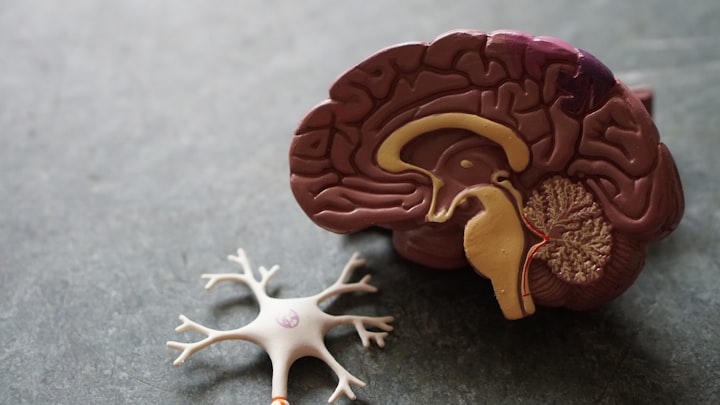Is Anything Real, Or Is This Just Fantasy?
Why skepticism is a valid philosophical position

What is it that you know, for sure? You know that you have a brain and a heart and other organs, that you drink water to survive and so on. In other words, you know about an “external world” of sorts that is outside yourself. But would you say for sure that you know all this about the external world.
Focus on what you can see right now. You’re reading this article on your phone or monitor or tablet. You can distinctly hear some sounds, like the chirping of birds or the wind outside, and you fully believe that you hear them, right? There’s no reason to think otherwise.
Well before you answer that, consider the following question. Do you think it would be possible that someone is dreaming that they’re reading this article online, when in reality they are asleep in bed, with their devices turned off? And do you think it would be possible for someone to make up facts about reality when they are dreaming?
Think about how real things feel when we’re dreaming. No matter how ridiculous the situation seems once you wake up, it always feels very real in the moment and it’s almost impossible to distinguish it from the “real” world.
Obviously, we know that these things are possible. Now can you prove, though, that you are not the person dreaming in this situation. For all you know, you simply read about this topic before sleeping the night before and are now dreaming about it.
You could try doing things like pinching yourself or looking at the time, both common tactics to check if you’re dreaming, but what if all those things are also just made up by your dream world. There is no real way to prove otherwise.
If, through this thought experiment, you start doubting that you have knowledge, you are essentially experiencing the skeptical point of view.
Now, on its own, this hypothesis doesn’t seem too bad. Sure, what if I’m dreaming, how does that make a difference? Let’s explore this situation a bit further.
Instead of being asleep and dreaming, consider now that, at this very moment, you are a brain attached to a complicated computer program which sends neural impulses to the brain, and these impulses will simulate a world around that brain perfectly.
All the brain needs to perceive things are neural impulses, so to you, this world is very real despite it only being a creation of some supercomputer. From the inside, everything will look the same to you as it does now, but outside your brain, there is nothing.
So now that you are this brain in a vat, consider one of the facts we said we know from before, that you drink water to survive. If you can prove that you need water to survive in the external world, then we can take that as proof that you are not a brain in a vat.
Conversely, though, if you can’t prove that you aren’t in a vat, then there’s no way to ever know that you actually drink water in the real world.
You can now apply this to every single fact, and before you know it, everything you think you know can be doubted. If there’s no way to prove that your reality isn’t made up, there’s no way to prove anything you know.
This position is known as external world skepticism. A skeptic is someone how denies that we have knowledge about a certain fact, so a flat-earther is a “round-earth skeptic” and, similarly, someone who denies that we have any knowledge of the external world is an external world skeptic.
Is it Worth Discussing This Concern?
You might still wonder, though, whether it's worth discussing this still. Surely if the simulation of reality is perfect, then it doesn’t matter if it is actually there or not. I mean if you had to go skydiving or go on a simulation of a skydive where the simulation is perfect and you’ll get just as much excitement and adrenaline from it, many would say there’s no real difference and either one is fine.
In this situation, virtual reality is just as good as real life. The issue, however, appears when you consider your entire life as a simulation, particularly the other people in it. If you’re the brain in a vat, or if you’re dreaming your whole life or are in a simulation, then every single friendship and relationship you have, every achievement you’ve made and thing you’ve done, it’s all fake.
The brain in a vat has no friends, it has no achievements or accomplishments, has no one who loves it.
And being in that situation would be rather sad, so we want to know for certain that we aren’t in this situation. We now see that accepting this skeptical argument has massive ramifications for our world and our reality, so we do want to find ways to refute it. In future articles and podcast episodes, I’ll be going over the actual arguments for and against external world skepticism, so follow to stay updated!
If you would like to explore this topic in audio form rather than through these posts, check out the Philosophy Over Tea podcast.
This story was previously published on Medium






Comments
There are no comments for this story
Be the first to respond and start the conversation.